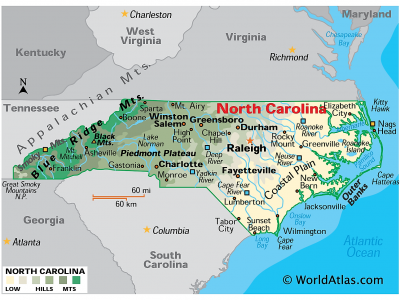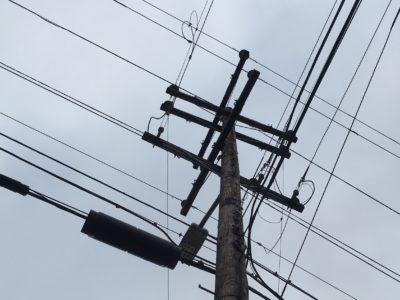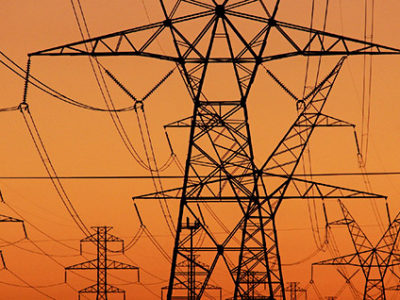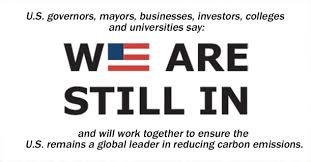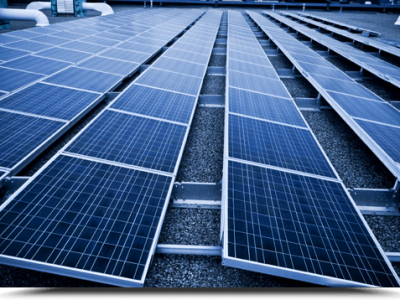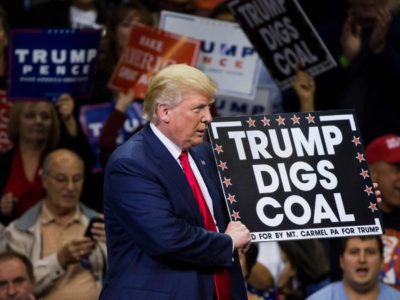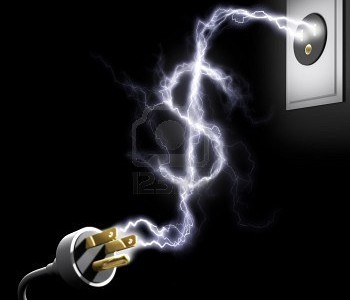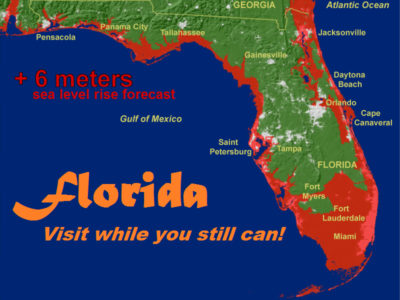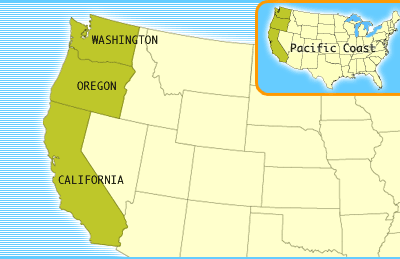energy regulation
North Carolina’s New Climate Legislation
A major, bipartisan step forward in an unlikely state.
Last week, North Carolina Governor Roy Cooper signed an important piece of climate legislation. I wrote last month about major, bipartisan climate legislation in Illinois. Like the Illinois law, the North Carolina law enjoyed broad bipartisan support. The North Carolina legislature is under firm Republican. Nevertheless, the bill passed the state senate by a 42 …
Continue reading “North Carolina’s New Climate Legislation”
CONTINUE READINGCarrots and Sticks for Utilities
Utilities control a lot of the power system. How can we get their support for the energy transition?
Investor-owned utilities supply almost three-quarters of U.S. electricity. With some notable exceptions, they’ve tended to drag their feet on the energy transition. In order to push the transition forward, we need to get them on board. This post will try to diagnose the problem and sketch some possible remedies. The proposed Clean Energy Standard is …
Continue reading “Carrots and Sticks for Utilities”
CONTINUE READINGCharging Consumers for Imaginary Power Needs
FERC is distorting energy markets in the name of perfect competition.
Last year, the GOP majority on FERC decided that state clean energy policies were distorting energy markets in the country’s largest grid region. Because they provided incentives for power producers, FERC ruled, those policies should be considered subsidies. It directed grid operators to introduce new policies to counter those subsidies and halt the dreadful onslaught …
Continue reading “Charging Consumers for Imaginary Power Needs”
CONTINUE READINGThe Expanding Gap Between Business and Trump
Big business was happily married to the GOP. But there’s trouble in paradise.
The GOP used to be synonymous with big business. But there seem to be growing divisions – divisions that may open the way to new environmental initiatives. In April, the Washington Post ran a story about the U.S. Chamber of Commerce’s decision to loosen its ties to the GOP and move toward a more bipartisan …
Continue reading “The Expanding Gap Between Business and Trump”
CONTINUE READINGIs the Sun Finally Rising in the Southeast?
Slowly, and a bit grudgingly, the Old South is moving toward solar.
Southern states like to brag about their sunny weather. Florida even calls itself the Sunshine State. Yet the region lags well behind in terms of putting that sunshine to work. But it appears that change is coming. Solar generating capacity in the Southeast is expected to nearly double over the next three years, though from …
Continue reading “Is the Sun Finally Rising in the Southeast?”
CONTINUE READINGA Trumped-Up Bailout Plan
Legally deficient? Arbitrary? Disguised special interest favors? All par for the course in this Administration.
You couldn’t ask for a more typical example of the Trump Administration at work. Nuclear and coal plants are being closed across the country, unable to compete with cheap natural gas and increasingly cheap renewables. In a desperate effort to support the coal industry, Trump wants to force consumers to subsidize these plants. It’s not …
Continue reading “A Trumped-Up Bailout Plan”
CONTINUE READINGThe Paradox of Electricity Deregulation
This is one setting where “deregulation” is a lot more complicated than regulation.
You might think that deregulation means sweeping away regulations, which ought to make the law much simpler. But the opposite is true in the electricity sphere. The regulatory system in states taking the traditional fixed-price approach is actually much easier to understand than the so-called deregulation method. Instead of saying “deregulation” it would be better …
Continue reading “The Paradox of Electricity Deregulation”
CONTINUE READINGHot Off the Presses: An Intro to Climate Change Law and Policy
The Paris Agreement. The Clean Power Plan. Geo-Engineering. Trump. And there’s more!
I’m really excited to announce the publication of Climate Change Law: Concepts & Insights (Foundation Press 2017), by Cinnamon Carlarne and me. There are lots of great scholarly tomes on the subject — either monographs or collected volumes. But there really hasn’t been anything that provides a comprehensive introduction to climate law as a whole, …
Continue reading “Hot Off the Presses: An Intro to Climate Change Law and Policy”
CONTINUE READINGFlorida’s Retro Energy Policy
It may be called the Sunshine State, but you wouldn’t know that from the lack of solar.
Florida is the paradigm of the ostrich with its head in the sand. It may be the most vulnerable state to climate change. Yet, the state government is assiduously ignoring the problem though some cities and counties and South Florida are keenly aware of the risks. Even after Hurricane Irma, the governor still professed complete …
Continue reading “Florida’s Retro Energy Policy”
CONTINUE READINGWhat is the “Left Coast” Doing About Climate Change?
Quite a lot, as it turns out. But stronger coordination is needed.
The three West Coast states have a lot in common, including strong commitments to address climate change. They are all taking action on this front, but so far coordination efforts seem weak. Given the situation in D.C., it would make sense for these states to go further in terms of making a collective effort. It …
Continue reading “What is the “Left Coast” Doing About Climate Change?”
CONTINUE READING




